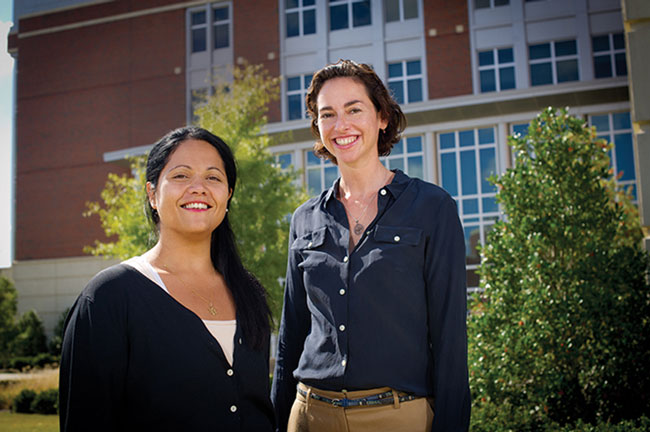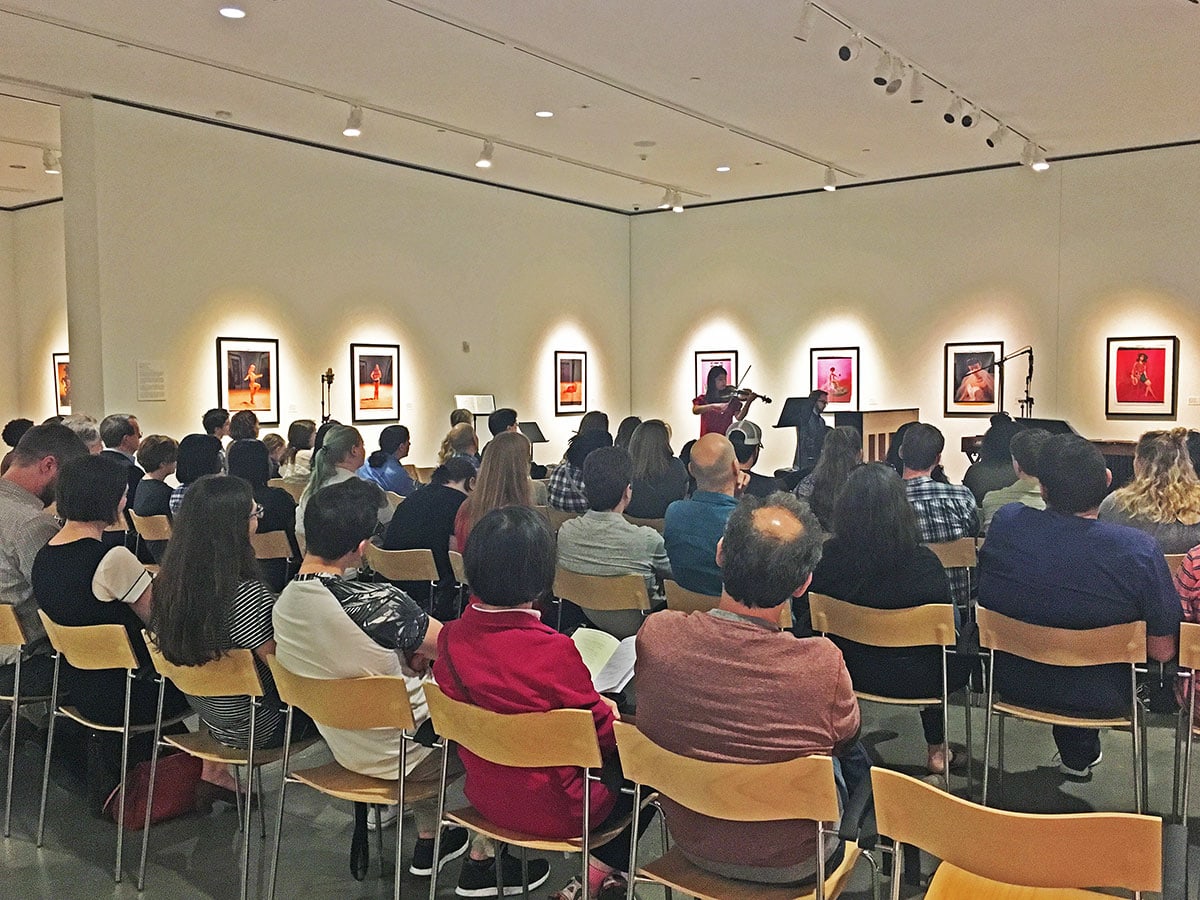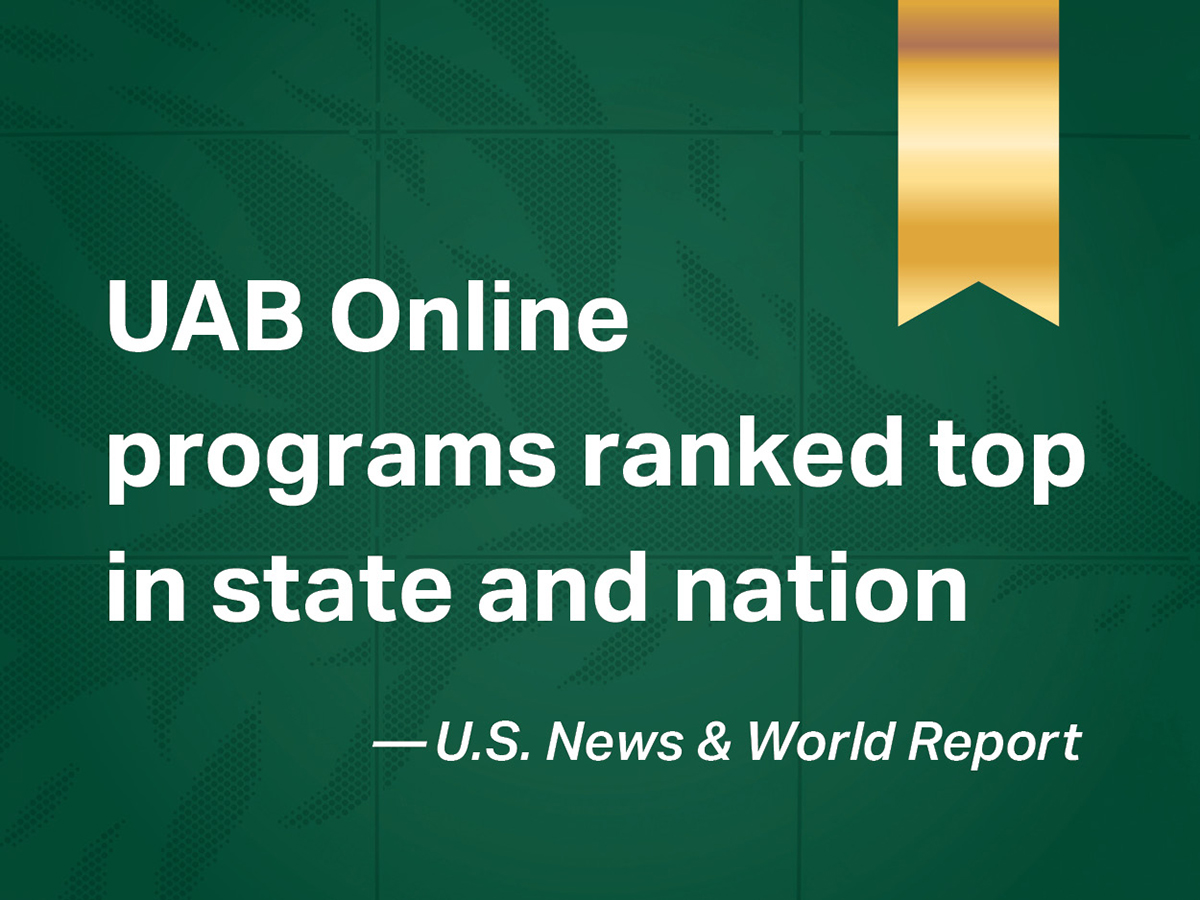Students Study Nonviolent Conflict Resolution in India
by Glenny Brock "People are sick, people are in poverty, it's 120 degrees in Delhi—and this is where you study peace?" Sharyn Jones, Ph.D., associate professor of anthropology, offers this rhetorical question with a lilt of laughter. Jones recently returned from a three-week sojourn to India with 11 UAB students; the trip was the first study-away opportunity offered as part of the UAB College of Arts and Sciences' new minor: Peace, Justice, and Ecology (PJE).
"People are sick, people are in poverty, it's 120 degrees in Delhi—and this is where you study peace?" Sharyn Jones, Ph.D., associate professor of anthropology, offers this rhetorical question with a lilt of laughter. Jones recently returned from a three-week sojourn to India with 11 UAB students; the trip was the first study-away opportunity offered as part of the UAB College of Arts and Sciences' new minor: Peace, Justice, and Ecology (PJE)."You are educated in an entirely different way when you are immersed in the sights and smells of a place, where the language is different and the customs are different," Jones says. "Trips like this allow students to spend time with people in other cultures and to actually engage them."
The study-away course, the Culture of Peace in India, included major sightseeing stops—the Taj Mahal in Agra, the Qutb Minar, and the Bahá'í Lotus Temple in Delhi—but the Active Nonviolence Education Center (ANEC) in Dharamsala was perhaps the most important site on the itinerary. During almost three weeks of daily workshops, the students learned from and worked with Tibetan refugees who offered instruction in nonviolent conflict resolution. They learned about the lives of Mohandas Gandhi and Martin Luther King Jr. They learned how the concept of peace is perceived in a variety of different cultures. Since the PJE program focuses on real-world strategies for social justice and environmental sustainability, the chaos and tumult of India provided a vibrant—almost overwhelming—context for students to consider these inspiring concepts.
"Issues of peace, conflict, and social justice have always been a part of the study of anthropology," Jones says. "But our students constantly encounter problems in the real world without knowing how to fix them. One of the goals of this minor is to show students ways to change the world on a small level but ultimately to make a large impact."
Life Lessons Via a Major Minor
As a CAS interdisciplinary program, the PJE minor evolved from what was the environmental studies minor. The new program is the brainchild of Jones and Lori Cormier, Ph.D., program director for the master's degree in anthropology. It gives students the opportunity to examine themes of ecological adaptation and sustainability as well as investigate environmental health and human rights in local, cross-cultural, and global contexts, and then use scientific, philosophical, and ethical reasoning in developing solutions to problems. The point is to provide students with a broad learning experience in human-ecological interactions and biocultural diversity. Put another way, the minor offers deep digging in what it means to be human. The PJE minor has attracted students majoring in biology, chemistry, and international studies as well as students with individually designed majors. For Genevieve Begue, a senior pursuing a double major in international studies and conflict resolution and the Middle East, the travel opportunities afforded through the PJE minor make for particularly potent learning experiences. Begue, who wants to work as a "peace builder" in the Middle East, traveled to Israel during her sophomore year at UAB, but she says even that life-changing trip didn't fully brace her for India.
The PJE minor has attracted students majoring in biology, chemistry, and international studies as well as students with individually designed majors. For Genevieve Begue, a senior pursuing a double major in international studies and conflict resolution and the Middle East, the travel opportunities afforded through the PJE minor make for particularly potent learning experiences. Begue, who wants to work as a "peace builder" in the Middle East, traveled to Israel during her sophomore year at UAB, but she says even that life-changing trip didn't fully brace her for India."I left Birmingham with few expectations and a bunch of fears," Begue says. "I purposely tried to avoid getting much information on India and on Dharamsala. I wanted this trip to be a culture shock as much as possible, although I couldn't help talking about it as we got closer to departing and my excitement grew. I packed every kind of wipe and hand sanitizer and had planned to cover myself from head to toe. I must admit I was a little scared. "Despite leaving with few expectations," she says, "India kept catching me by surprise. I had been warned that no matter how much I tried to prepare myself, India would just blow my mind. Indeed, it did!"
Begue often felt numerous contradictory emotions all at once. "I experienced a rollercoaster of emotions: fear, love, hate, apprehension, amazement, irritation, compassion, gratefulness (a lot of gratefulness), sadness, joy, disgust, and fascination," she says. "The best part of India is that even when something is disappointing, you probably can find the very opposite as well."
Begue's travels have convinced her that study-away trips should be a part of every student's college experience. "I learned so much about the cultures of the countries I visited, and learned from and with the people I met," Begue says. "I simply came back a different person. Immersed in other cultures, I was able to understand firsthand some of the political issues I had studied in class."
Peace Through Nonviolence
According to Jones, the students were challenged not only to absorb and confront concepts of peace in the endless upheaval of India, but also to strategize on how they might bring that peace home. "How you make the world a more peaceful place was a major focus of the trip," Jones says. Daily interactions with Tibetans taught Begue that peacefulness through nonviolence is a way of life. "I learned one Tibetan expression, 'Tashi Delek!'—a greeting for which the translation may vary from 'May everything be well!' to 'Auspicious greetings.' The expression is a key that opens a smile-box, bringing full, bright smiles to their faces, which stay long after you pass by." Begue explains."Tibetans cherish and celebrate life in every form, the smallest insect being of great significance for simply being alive," she says. "From Dharamsala, I brought back a sense that peace can only live as we cultivate and nurture it. Peace takes work in every instant—a work of education and tolerance, of love and of patience."
Begue's numerous unique personal experiences represent the transformative power of immersion learning. "In our discipline, we aim to observe different cultures from an insider perspective," Jones says. "We often see students very quickly transformed by their new surroundings. "One of them—one of us, any of us!—may be saying, 'I'm different than these people. It's hot. The food tastes different.' But as you get really engaged with people," she says, "the less intense those differences become."


